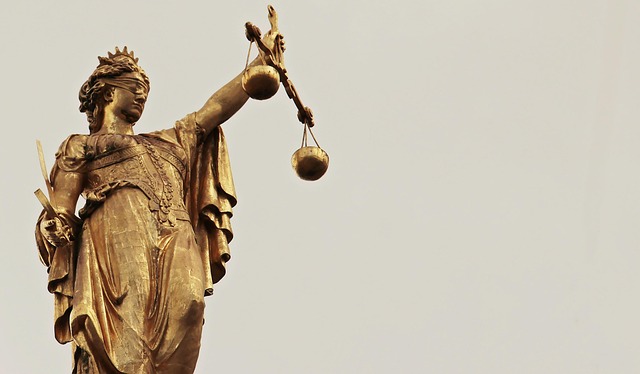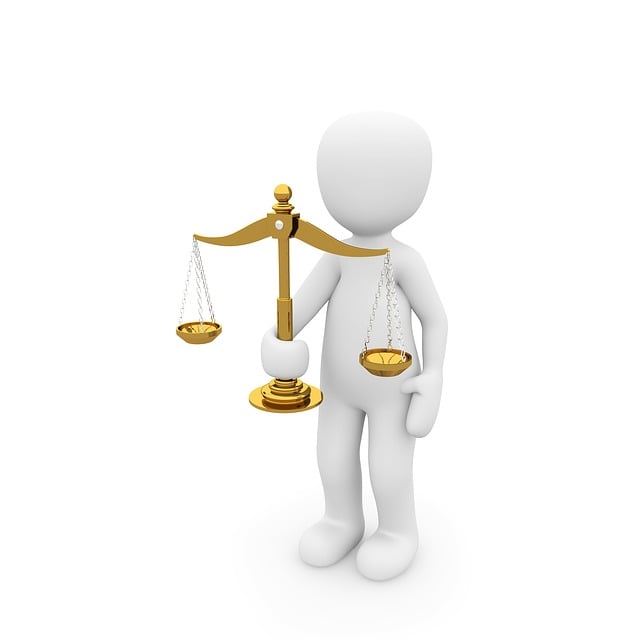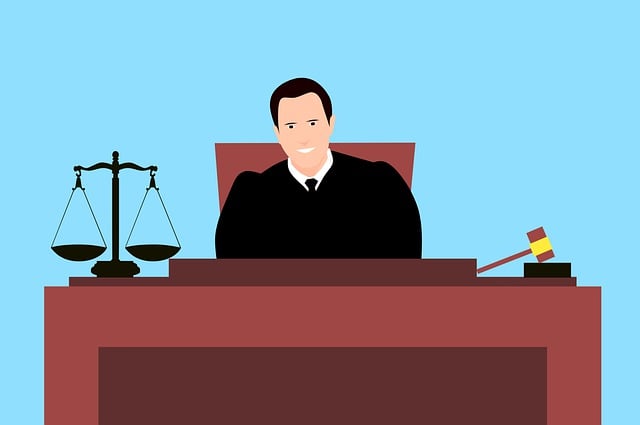The Role of Defense Counsel in Criminal Procedure is vital for ensuring fairness and justice. From initial client interaction to trial, these attorneys protect rights, scrutinize evidence, counter prosecution arguments, and navigate complex laws. They strategize to challenge evidence, cross-examine witnesses, and build robust defenses, aiming to acquit the innocent or negotiate favorable plea deals. Ultimately, defense counsel strive to uphold the integrity of the criminal justice system while ensuring equitable treatment for corporate and individual clients.
In the intricate landscape of criminal law enforcement, the role of defense counsel is pivotal. This article delves into the fundamental aspects of understanding criminal procedure and highlights the crucial part played by defense attorneys in safeguarding fairness and justice. We explore their strategic navigation within the system, emphasizing how their expertise contributes significantly to the overall integrity of the criminal justice process. By examining these key elements, we gain insights into the vital functions of defense counsel in ensuring a balanced legal framework.
- Understanding Criminal Procedure: A Framework for Defense Counsel
- The Defense Counsel's Role in Ensuring Fairness and Justice
- Strategic Navigating: How Defense Counsel Contributes to the Criminal Justice System
Understanding Criminal Procedure: A Framework for Defense Counsel

Understanding Criminal Procedure provides a critical framework for Defense Counsel to navigate and advocate effectively on behalf of their clients. The role of defense counsel is pivotal throughout all stages of the investigative and enforcement process, from initial questioning to trial and beyond. They ensure their clients’ rights are protected, guiding them through complex legal procedures and offering strategic guidance tailored to each unique case.
By mastering the nuances of criminal procedure, defense attorneys can challenge evidence, interrogate witnesses, and construct compelling defenses. This expertise enables them to achieve extraordinary results, including complete dismissal of all charges where appropriate. Ultimately, their steadfast representation ensures a fair and just process for those facing criminal allegations.
The Defense Counsel's Role in Ensuring Fairness and Justice

In any criminal procedure, the defense counsel plays a pivotal role in ensuring fairness and justice for their clients. Their primary responsibility is to safeguard the rights of those accused, providing them with adequate legal representation throughout the process. Defense attorneys act as a buffer between the accuser and the accused, ensuring that the latter receives a fair trial. They achieve this by thoroughly examining evidence, challenging the prosecution’s arguments, and protecting their clients from any legal errors or irregularities.
The role of defense counsel extends beyond simply avoiding indictment; they must also ensure that the rights of corporate and individual clients are respected. This involves understanding complex laws and regulations to build robust defenses, negotiating plea deals when beneficial for their clients, and representing them in court with eloquence and professionalism. Ultimately, their goal is to uphold the principles of justice while ensuring their clients receive equitable treatment within the legal system.
Strategic Navigating: How Defense Counsel Contributes to the Criminal Justice System

In the intricate landscape of criminal law enforcement, strategic navigating is key to ensuring justice. Defense counsel play a pivotal role in this process by contributing significantly to the criminal justice system at every stage of the investigative and enforcement process. They serve as a counterbalance to prosecutors, balancing the scales of justice for both corporate and individual clients. Through meticulous examination of evidence, robust cross-examination of witnesses, and meticulous legal arguments, defense counsel challenge the prosecution’s case, ensuring that every citizen is treated fairly under the law.
Their expertise in general criminal defense is instrumental in safeguarding constitutional rights and preventing wrongful convictions. By employing strategic tactics, they can expose weaknesses in the prosecution’s case, acquit the innocent, or negotiate plea bargains that consider the best interests of their clients. Ultimately, the role of defense counsel is to uphold the integrity of the justice system by ensuring that the truth emerges during all stages of criminal procedure.
In understanding the intricate landscape of criminal law enforcement, it’s evident that the role of defense counsel is pivotal. By adhering to fair practices and employing strategic navigation, they ensure that the justice system remains balanced. This article has highlighted the essential framework for defense counsel, their contribution to fairness, and their unique position in navigating complex criminal procedures. Recognizing and emphasizing the defense counsel’s role is crucial for maintaining a robust and just criminal justice system.






